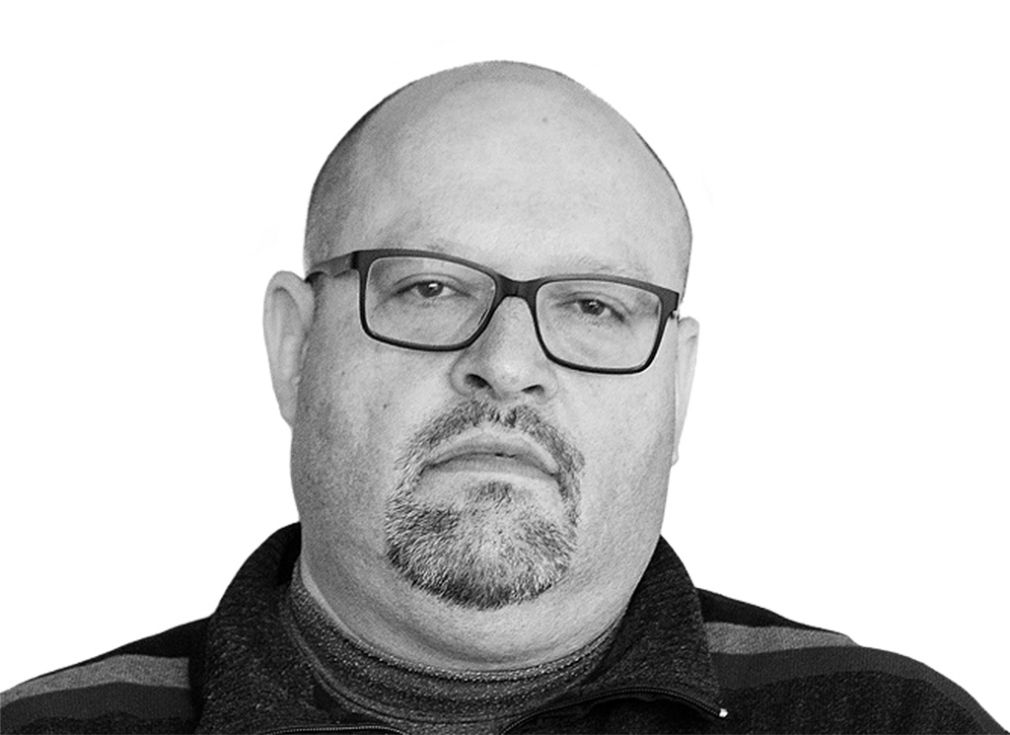By: Dr Matevž Tomšič
Recently, Slovenia received an “inspection” visit by representatives of the European Parliament, specifically the LIBE Committee (full name Committee on Civil Liberties, Justice and Home Affairs), chaired by Dutch MP Sophie in ‘t Veld. The latter formally belongs to the group of European liberals, but she is in fact a very radical leftist who supports almost the entire agenda, which derives from the ideology of cultural Marxism. It was – again – a matter of examining the rule of law and human rights, and as expected, the focus was on the situation in the media.
A group of MPs from the said committee held talks with people from various social spheres – politicians, journalists, university students, representatives of civil society organisations. In this way, they should create as complete a picture as possible of the situation as far as the situation in these areas is concerned.
But what if the set of interlocutors was – again – very one-sidedly chosen. There was no talk of at least any approximate balance. The ranks of the interlocutors were markedly dominated by people of leftist provenance. There was no one among the invited civil society organisations to advocate a non-leftist agenda. Of the four representatives of the Slovenian parliament, half were from the Levica party, which is known for its radical ideas and orientations (some, such as those on the nationalisation of companies, are even constitutionally controversial). The writer of these lines was the president of the Association of Journalists and Publicists among those invited to the talks. But as he was unable to attend due to urgent commitments, he suggested several colleagues who could replace him. But they did not invite any of them. Moreover, there was no one from the Slovenian Association of Patriotic Journalists who was invited. But of course, the Slovenian Journalists’ Association was represented.
The practice continues, when various international assessors of the situation in Slovenia choose as interlocutors mostly people who defend leftist ideas, support the left wing of politics and are very negative towards the current government. The result is a distorted picture of the situation, as it is based on one-sided assessments.
The media in our country are freer than rarely anywhere
This is especially evident in the assessments of the situation in the media field. In their reports, foreign observers regularly point to pressure on the media and their control by the government, resulting in restrictions on media freedom. It is an interpretation served to them by left wing journalists and opinion leaders, but it does not correspond to reality at all. If we follow the media coverage during the current government, then we could say that the media in our country are freer than rarely anywhere. No government in the European Union is likely to receive so much criticism, which is often at the level of constructs, incitements or even complete fabrications. Few governments have so little control over how the media reports. The government did not even manage to get a man who would be on its “wave length” to the position of director of the Slovenian Press Agency, which is 100% state-owned, instead the position was filled by someone who will continue the current leftist orientation. The angry writings of the Prime Minister, Ministers and other representatives of the largest government party are thus, at best, an expression of helplessness, rather than a real threat to the creators of media content.
Those who engage in such assessments and reports are often guided by political-ideological motives. Thus, as a rule, countries from the eastern part of the European Union are in the pillory, when they are ruled by the right. Disturbing are the governments of those countries that are willing to oppose the imposition of a left-liberal political agenda. Janez Janša was among those European leaders who most resolutely opposed the reopening of borders for migrants. With this, he has accumulated new resentments not only among Slovenes, but also among European leftists and advocates of multiculturalism. We can expect further “critical” reports on the situation in Slovenia.
Dr Matevž Tomšič is a sociologist, university professor at the Faculty of Applied Social Studies in Nova Gorica and president of the Association of Journalists and Publicists

